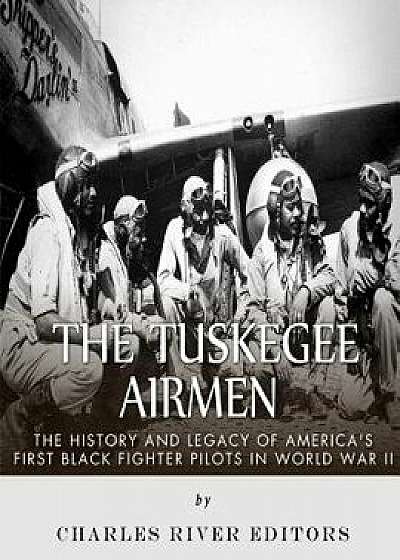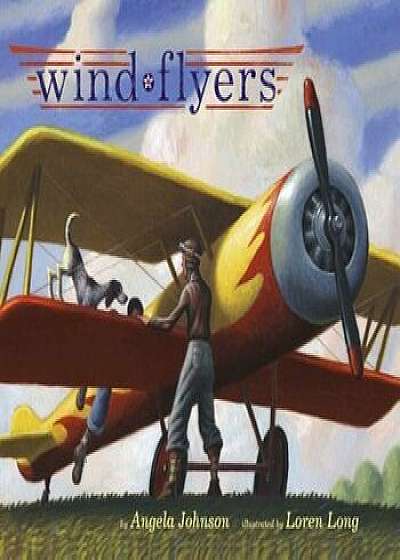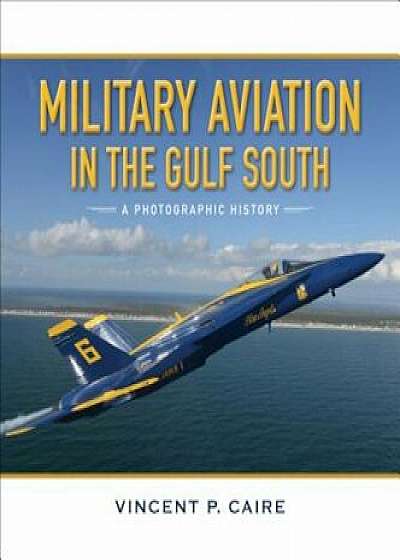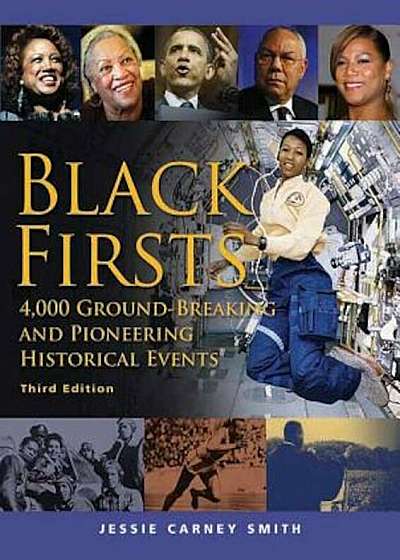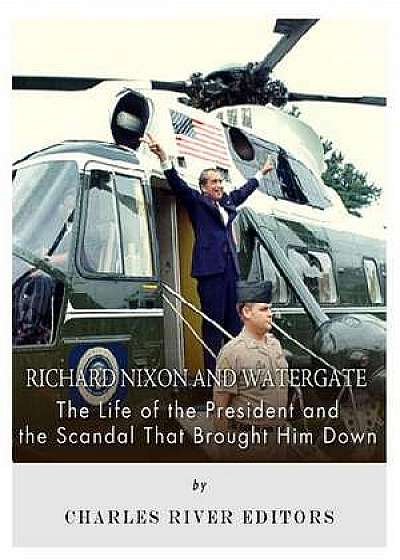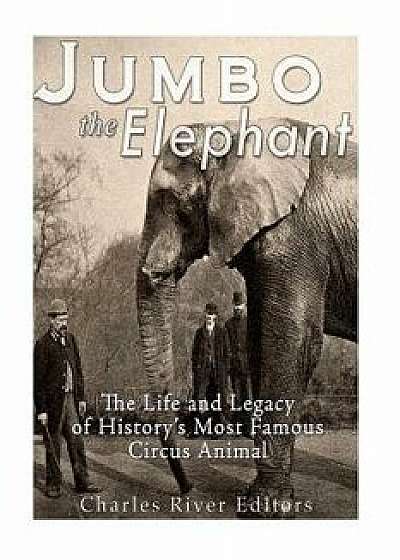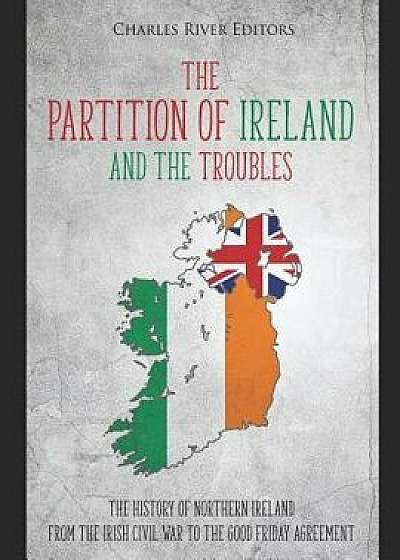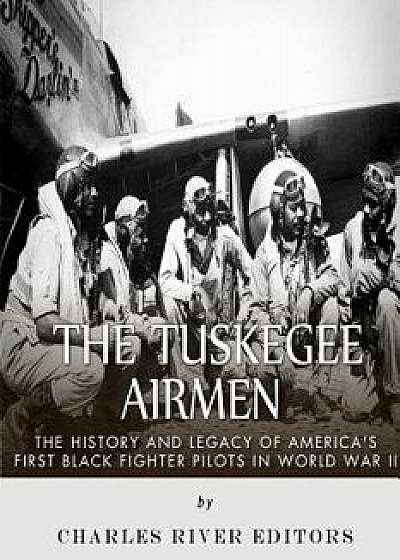
The Tuskegee Airmen: The History and Legacy of America's First Black Fighter Pilots in World War II, Paperback/Charles River Editors
Descriere
Includes pictures Includes accounts of training, combat, and segregation written by multiple members of the Tuskegee Airmen Includes online resources and a bibliography for further reading Includes a table of contents "When World War II started, the black press and the black community wanted blacks to be able to fly because in 1925, the military had done a study that said that blacks didn't have the intelligence, ability, or coordination to fly airplanes. The pressure from the NAACP and the press caused them to start an experimental group that was to be trained in Tuskegee, Alabama, and that's why we were known as 'The Tuskegee Airmen.'...I come from a generation of African Americans where we were always trying to be better. We were taught that you had to be better than whites in order to move ahead, so we were very competitive...Practically everyone in the Tuskegee Airmen was an exceptional scholar and athlete, so the competition was really great and it helped to bond us together." - Roscoe Brown, one of the Tuskegee Airmen The United States has no shortage of famous military units, from the Civil War's Iron Brigade to the 101st Airborne, but one would be hard pressed to find one that had to go through as many hardships off the field as the Tuskegee Airmen, a group of African American fighter pilots who overcame Jim Crow at home and official segregation in the military to serve their country in the final years of World War II. In fact, it required a concerted effort by groups such as the National Association for the Advancement of Colored People (NAACP) and the extreme circumstances brought about by World War II that the military eventually decided to establish the "Tuskegee Experiment." The black crews trained at Tuskegee before being sent overseas, and even then, they faced discrimination from those who didn't trust them to do more than escort bombers flown by white pilots. However, as the men proved their worth in the heat of battle, some of the squadrons' red m
